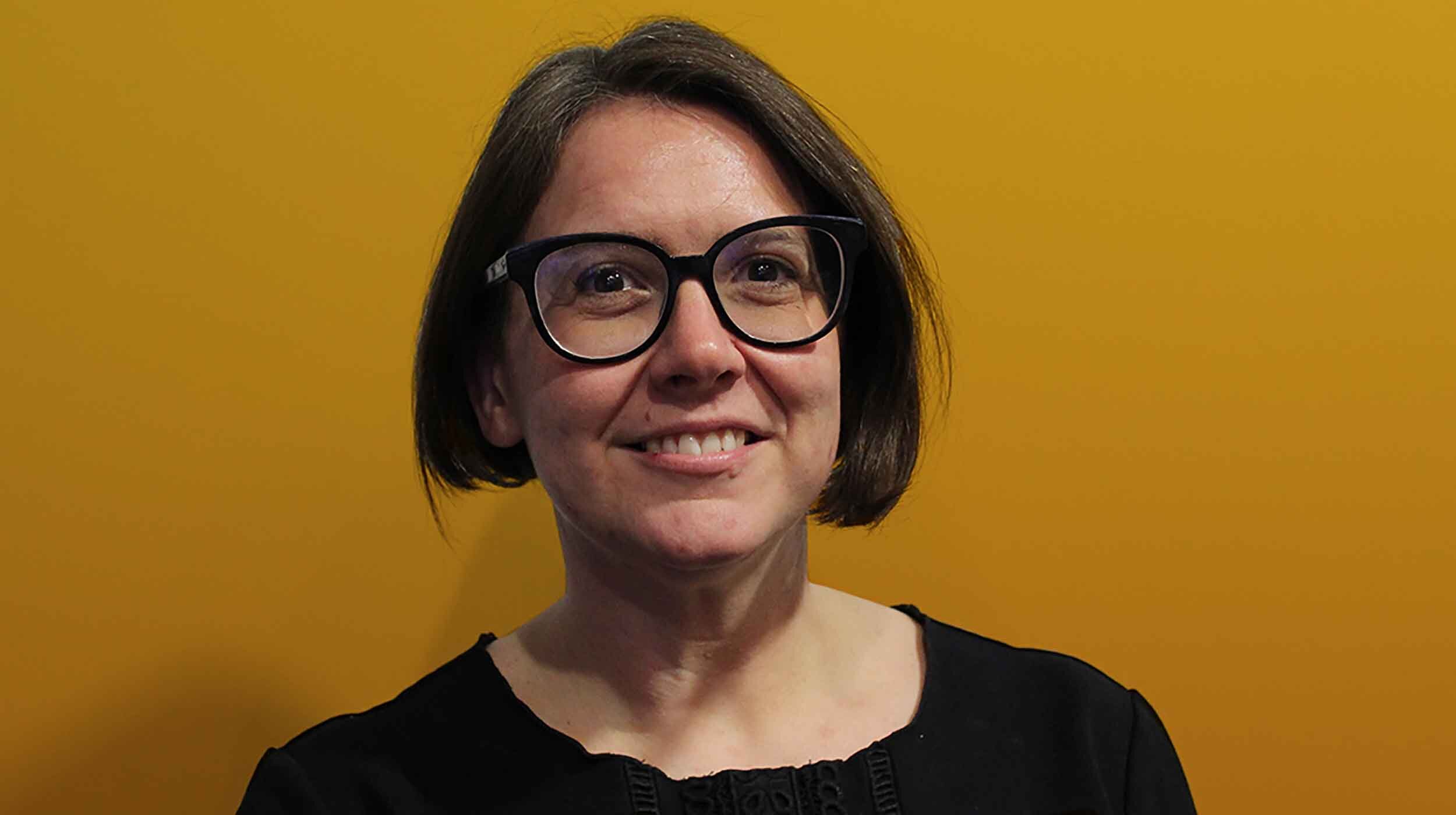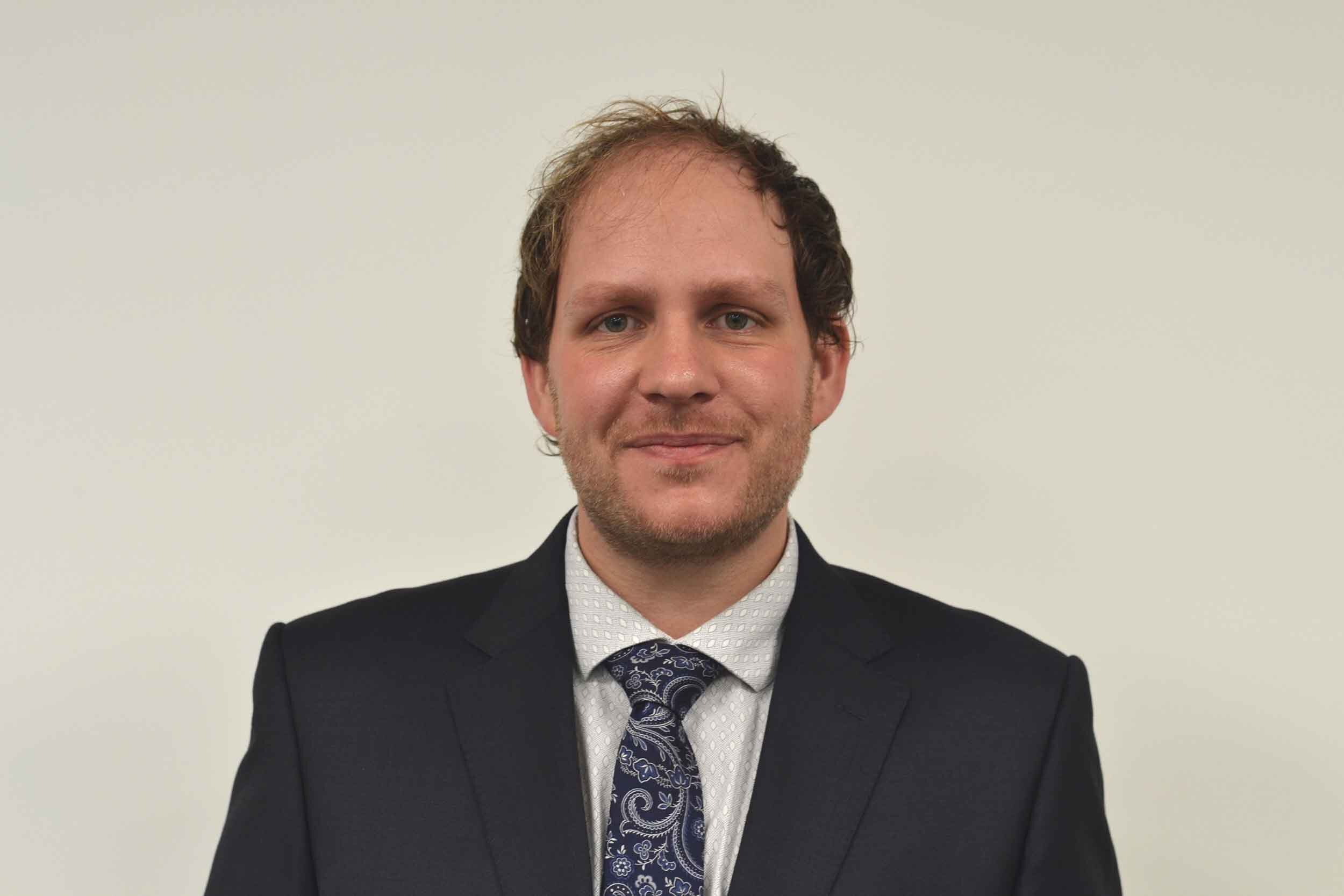Let's all be expert - introduction to the Conceptual Framework for Learning
Liz Barratt
Professional Development, Coaching & Pedagogy Expert
Mark Lowe
T&L, Writing & Assessment Expert
Learners are the heart of everything we do. Our ambition is for everyone in our learning community to grow, achieve and flourish together. Together we learn and together we achieve.
We are all learners. That is the fantastic thing about what we do. We are constantly seeking to hone and develop our craft so that we can create the best learning opportunities.
The only problem is that there isn’t a perfect answer. There isn’t an exact formula. There isn’t a masterplan. Are we ever really going to know how to teach ‘perfectly’? That’s scary but also exciting. Our ever-changing understanding of learning may never give us the perfect model to follow but will offer us deepening knowledge and a range of options to draw from. Decisions that we can own, hone and craft to best meet the needs of our learners. We need to be expert decision makers.
So, if the conversation is going to focus on learning, how do we help everyone in our community to join the debate and add to that growing knowledge?
How can we ensure that together we learn and together we become expert?
If you look in the dictionary, expert is a noun. It’s a person who is very knowledgeable about or skilful in a particular area. And that sounds very positive; but there’s something about the word expert that makes educators cringe or say ‘not me’. We’re interested in this.
We wondered if it’s because expert is synonymous with the Ivory Tower? That’s defined as a state of privileged seclusion or separation from the facts and practicalities of the real world. That sounds far less positive. Or, maybe it’s because an expert might sound like a finished state with no more need to grow or to learn. We’re not interested in that.
So, we wanted to shift from the noun to the adjective. What might it mean to be more expert or to confidently chase expertise? What might it mean if to be expert felt more accessible or less uncomfortable? If to be expert wasn’t a secluded or separated experience but was unapologetically connected to practicality and the real world? Inclusive not exclusive? Now, we’re interested in this!
To be expert might mean to be more of a bridge. To bridge the individual ideas that make up the whole of learning? To bridge theory and practice? To bridge people? To bridge disciplines?
To be expert might mean to have a clear, connected and visible schema of knowledge or a set of models which can be articulated and are understood to be evolving, organic or developing?
To be expert might be to recognise the disciplines from which we think and from where we draw our ways of knowing and understanding our practice?
To be expert might mean to hone and develop a shared language so that everyone can join the conversation and have a voice?
To be expert might be to recognise we have so much more to learn?
We are thirsty to know more about what we care about...
...and what we care about is learning, opportunity, accessibility and expertise.
This Conceptual Framework for Learning is an attempt to make visible and concrete the shared expertise of our learning community. It is a tool to enable learning decision-making. It is a bridge: a bridge to connect our collective knowledge and expertise and to bridge the worlds of theory and practice.
Dylan Williams reminds us that “Researchers cannot tell teachers what to do. Classrooms are too complex for that ever to be likely.” We agree. We don’t we believe that we can tell other educators what to do. But we do believe we can provide some bridges to make expertise more accessible.
So, we ask that you have a look, watch the short video and take some time to ponder.
What would you add or change? Where does your expertise fit within this framework?
Please click on the image for a short explanation of the Conceptual Framework
We have identified other layers to this framework which spotlight the knowledge within these 4 dimensions. We will share this in a future blog and video. We will also be running programmes next year through Transform Trust and Transform Applied.
Please take this opportunity to join the conversation.
Together we learn and together We Know Learning
We – The whole community. We believe in the power of a community: Teachers, Teaching Assistants, Leaders, Researchers, Facilitators etc.
Know – We value knowledge. We believe in the power of knowledge: A shared, collective knowledge to ensure our decision making is informed and discerning.
Learning - We are all learners. We believe in the power of learning to empower and provide opportunities for all to achieve their potential.
#ArchitectureofLearning #DesignDeliverDevelop #EnvironmentforGrowth #WeKnowLearning
Liz Barratt & Mark Lowe, June 2020




